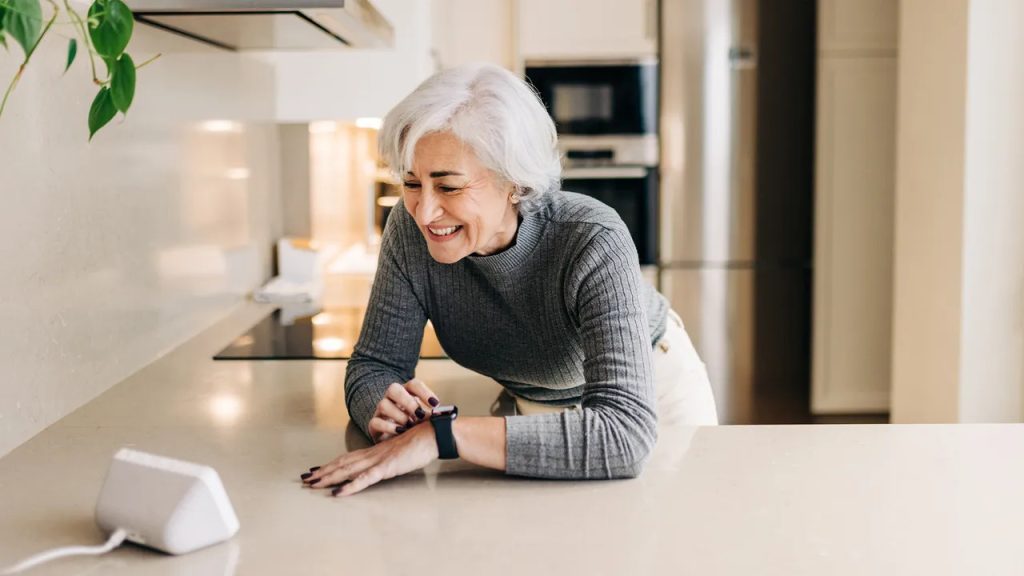Staying organized is important at every stage of life, but as people get older, it becomes even more essential. Keeping track of important documents, managing daily tasks, and maintaining a clutter-free home can make life easier and less stressful. Organization is not just about having a neat space—it helps improve safety, mental clarity, and overall well-being.
Many seniors find that as the years go by, they accumulate more belongings, paperwork, and responsibilities. At the same time, changes in memory and mobility can make it harder to keep up with everything. The good news is that with a few simple strategies, staying organized can become a manageable and even enjoyable part of daily life.
Creating a Routine to Stay on Track
One of the best ways to stay organized is by establishing a daily routine. Having a consistent schedule makes it easier to remember important tasks, such as taking medications, paying bills, or attending appointments. A simple morning and evening routine can set the tone for the day and provide a sense of stability.
Using a calendar or planner can be helpful for keeping track of events, birthdays, and doctor visits. Many seniors prefer a physical calendar that they can hang in a visible place, while others find digital reminders on a smartphone or tablet useful. The key is to find a system that works and stick to it.
Decluttering for a More Manageable Space
Over the years, it is easy to collect items that may no longer be needed. Clutter can make it difficult to find important things and can even create safety hazards. Taking the time to declutter can bring a sense of relief and make daily life smoother.
A good way to start is by focusing on one area at a time. Sorting through closets, drawers, or cabinets in small steps can prevent the process from feeling overwhelming. Items that are no longer useful can be donated, given to family members, or discarded. Keeping only what is truly needed and meaningful can make a home feel more peaceful and organized.
Organizing Important Documents and Information
Having important documents in order is crucial for peace of mind. Medical records, financial paperwork, insurance policies, and legal documents should be kept in a safe and easily accessible place. Some seniors choose to store these papers in a labeled folder or filing cabinet, while others prefer digital storage for convenience.
It is also helpful to keep a list of emergency contacts, medication details, and other key information in a spot where it can be quickly found when needed. Sharing this information with a trusted family member or friend ensures that it will be available in case of an emergency.
Managing Medications with Ease
Taking medications correctly is an important part of staying healthy. However, with multiple prescriptions, it can sometimes be difficult to remember which pills to take and when to take them. Using a pill organizer can help make this process simpler.
Some seniors also set alarms or use reminder apps to ensure they take their medications on time. Keeping a list of all medications, dosages, and schedules can also be useful, especially for doctor visits or emergency situations.
Keeping a Clean and Safe Home Environment
A well-organized home is not just about appearance—it also plays a role in safety. Reducing clutter and keeping pathways clear can help prevent trips and falls. Placing frequently used items within easy reach can also make everyday activities more convenient.
Many seniors find that using storage bins, labeled containers, and designated spaces for essential items makes their home feel more orderly. Regular cleaning and tidying up can help maintain an organized and comfortable living space.
Using Technology to Stay Organized
Technology can be a valuable tool for organization. Many apps and devices are designed to help seniors keep track of tasks, appointments, and important reminders. Smartphones, tablets, and smart home devices can provide alerts for everything from medication schedules to bill payments.
For those who may not be comfortable with technology, learning a few basic features can make a big difference. A family member, friend, or even a local senior center can provide guidance on using digital tools to stay organized.
Managing Finances and Bills Efficiently
Keeping track of finances is another important aspect of staying organized. Automatic bill payments, online banking, and budgeting tools can help ensure that expenses are managed without stress. Having a dedicated folder or notebook for financial records makes it easier to track spending and due dates.
It is also a good idea to review financial accounts regularly and be cautious of potential scams. Many seniors find it helpful to have a trusted person assist with financial organization if needed.
Staying Mentally Organized and Focused
Mental organization is just as important as physical organization. Writing things down, setting reminders, and practicing simple memory exercises can help keep the mind sharp. Staying engaged in hobbies, reading, and social activities can also support mental clarity.
Taking a few moments each day to review plans, reflect on goals, and prioritize tasks can make a big difference in staying focused. Keeping a journal or notebook can also be a great way to stay organized and keep track of thoughts and ideas.
Conclusion
Staying organized as a senior does not have to be complicated. By creating a routine, decluttering, managing important documents, and using helpful tools, daily life can become smoother and less stressful. Organization not only brings a sense of order but also enhances safety, independence, and overall well-being.
Taking small steps each day to maintain an organized lifestyle can lead to greater peace of mind. With a little effort and the right strategies, seniors can enjoy a more manageable and fulfilling life, free from unnecessary stress and clutter.


